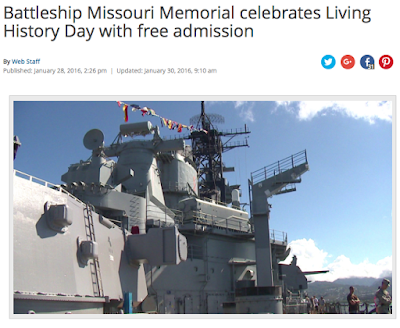Friday, February 5, 2016, from 5:30 PM - 7:00 PM
Aliʻiōlani Hale, 417 S. King Street, Honolulu, Hawaiʻi 96813
Even though African-Americans have been part of the Hawaii's cultural landscape for over two centuries, not many people know of their contribution to Hawaii's rich history. What brought them here? How were they received?
The King Kamehameha V Judiciary History Center in partnership with the African-American Diversity Cultural Center Hawaiʻi presents this program to broaden the awareness of the contributions of African-Americans to Hawaii's society over the last two centuries.
In celebration of African-American contributions to Hawaii's legal history, Dr. Albert Broussard, professor in the Department of History at Texas A&M University, shares the story of Thomas McCants Stewart, Hawaii's first African-American attorney.
Join us as Dr. Broussard recounts Stewart's journey from South Carolina to such places as New York, London, Liberia, and Hawaiʻi. During his life, Stewart worked as a teacher, pastor, attorney, and Supreme Court Justice.
A friend of Frederick Douglass, Booker T. Washington, and W.E.B. Du Bois, Thomas McCants Stewart lived a phenomenal life as an African-American in post-Reconstruction America and Territorial Hawaii.
This program is free and open to the public. Light refreshments will be served.






















